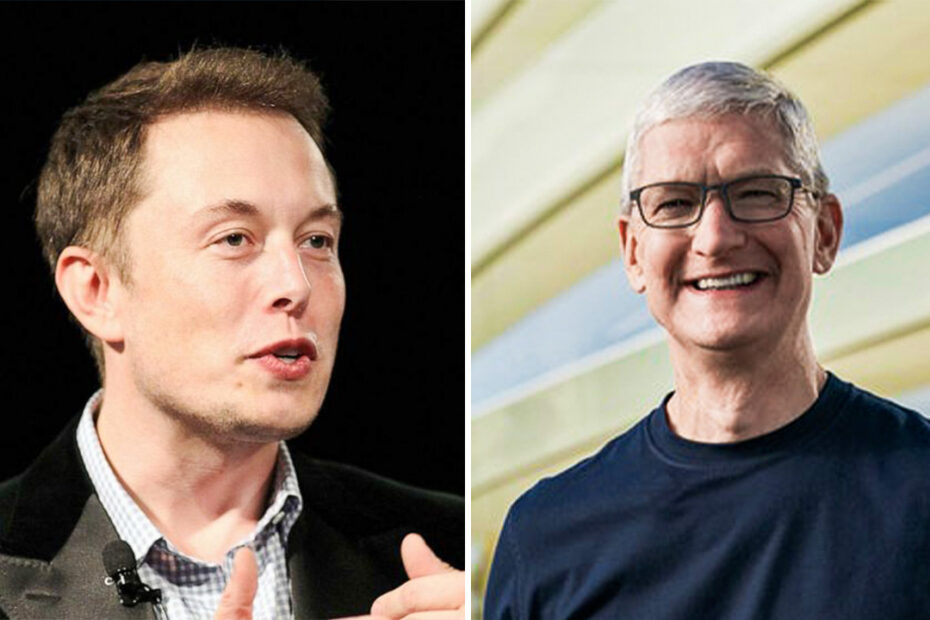Elon Musk announced big, though confusing, plans for Twitter as he seeks to take over the social network last month.
It appears to be restoring previously banned accounts owned by former President Donald Trump in some cases, but Musk’s plan for Twitter could put it in conflict with two of the biggest tech companies, Apple and Google.
One of the biggest risks of Musk’s vision for Twitter 2.0 is the possibility that his changes violate Apple or Google’s app rules that slow the company or even boot its software from the App Store. In a tweet last week, it complained about the App Store fees that companies like Google and Apple charge Twitter.
Elon Musk tweeted that App Store fees are apparently too high due to the monopoly of iOS/Android. This is the hidden 30% tax on the internet. In a follow-up post he tagged the Justice Department’s Antitrust Division, which is reportedly investigating the App Store rules.
His complaint is on top of the 15% to 30% cut Apple and Google take from purchases made inside those apps that could eat up much-needed revenue from Elon Musk’s plans for $8-per-month Twitter Blue subscriptions. Phil Schiller, the former head of marketing who still oversees the App Store.
Elon Musk has apparently deleted his widely followed Twitter account with hundreds of thousands of followers in signs that Twitter has already seen an increase in harmful content as Musk pointed to the company’s apps at risk. A wave of online trolls and fanatics flooded the site shortly after Elon Musk’s flagship tweet became the headline.
Anti-Black and anti-Semitic epithets flooded Twitter. Twitter has suspended several accounts, according to the non-profit network Contagion Research Institute. Musk’s plan to offer paid blue verification badges has sparked chaos, and accounts impersonating major corporations and figures have even banned some accounts. This has caused advertisers to shy away from the social network.
Eli Lilly specifically falsely stated that insulin would be provided after a fake verified tweet, and calls from app review teams started pouring in as soon as I left the company, said Joel, former Twitter head of trust and safety.
